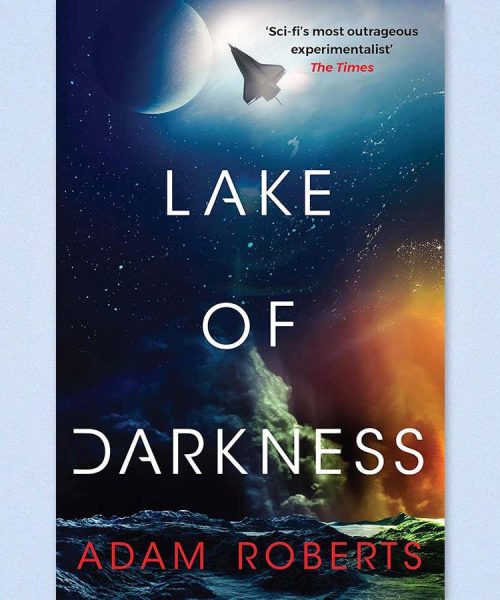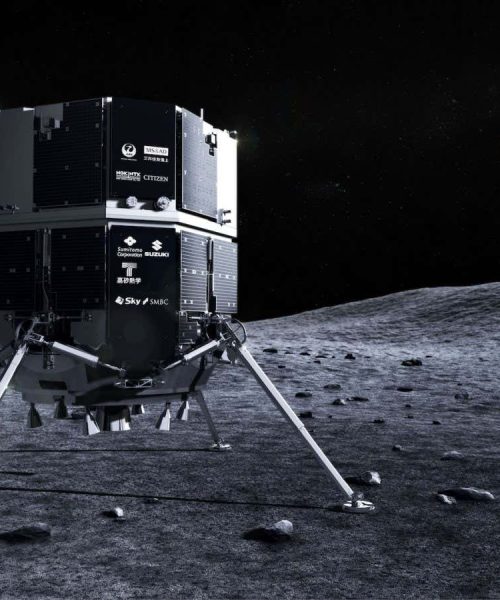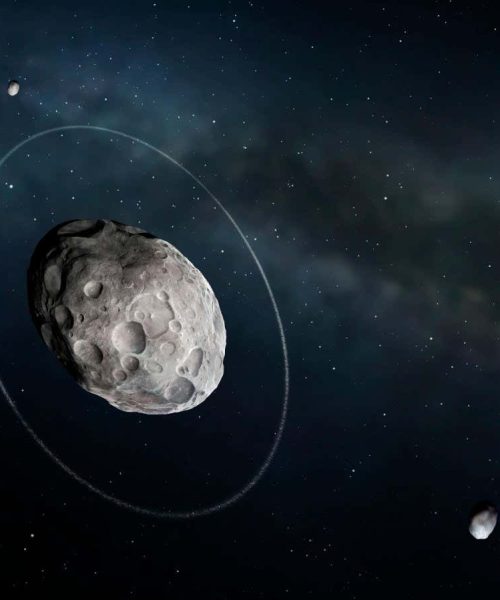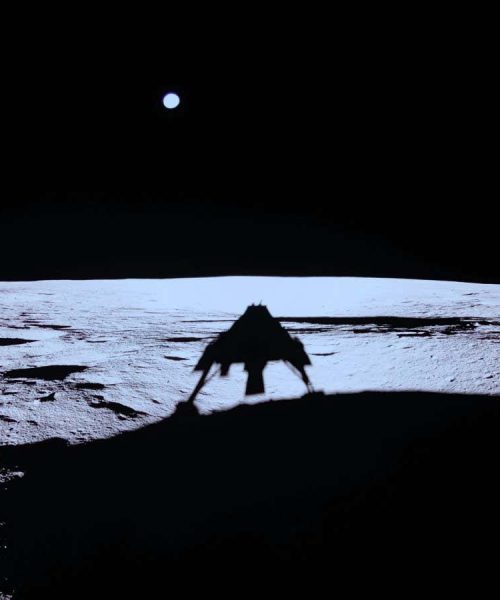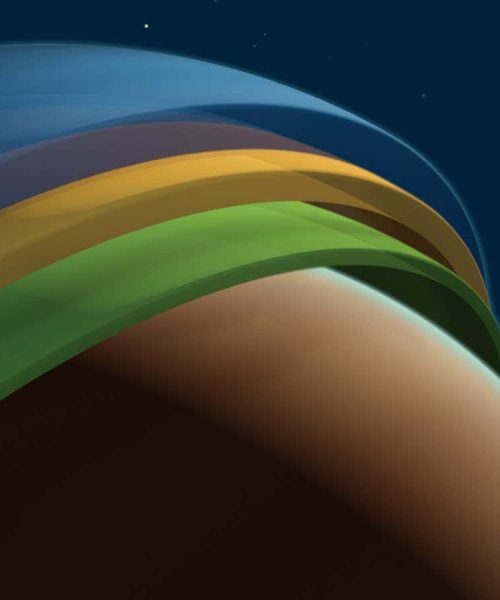
Comet 12P/Pons-Brooks seen on 5 March near Tromsø, Norway
Bernt Olsen
One of the brightest known comets is heading towards Earth, and it may be visible to the naked eye in the coming weeks. Follow our guide to spot comet 12P/Pons-Brooks for yourself.
When will the comet be visible?
Comet 12P/Pons-Brooks takes 71 years to orbit the sun, during which time it flies to the outer edges of the solar system and back again. On this occasion, it will reach its perihelion – its closest approach to the sun – on 21 April. The comet will then continue getting closer to Earth, reaching its nearest on 2 June at 232 million kilometres away.
Advertisement
What is the best time to look for the comet?
Although it will be closer to Earth in June, the best time to see the comet in the northern hemisphere will be during the coming weeks, as the lighter evenings will prevent it from being visible after the end of April. By June, it will only be visible in the southern hemisphere.
Where in the sky will the comet appear?
12P/Pons-Brooks will move through the night sky into the constellation Pisces from the constellation Andromeda, where it is currently sitting just below the bright star Mirach. By the end of March, it will move into the constellation Aries. It is predicted to reach magnitude 5, which means it should be visible to the naked eye from places with dark skies, or through binoculars.
How can I see the comet?
It is best to plan ahead. Use stargazing software such as Stellarium to identify exactly where the comet will be visible on the date and at the time you hope to see it. In the northern hemisphere, the comet will be near the horizon just after sunset and will set earlier as March goes on. By the end of the month, it will set a couple of hours after sunset, so it is best to look as soon as it gets dark.
What does the comet look like?
The nucleus of 12P/Pons-Brooks is about 30 kilometres across, and like all comets, it will appear to have a bright centre with a tail behind it. Sightings of this particular comet date back to at least 1385, when Chinese and European astronomers recorded seeing it.
Can I see comet 12P/Pons-Brooks during the solar eclipse?
If you are lucky enough to be in the path of totality for the total solar eclipse on 8 April, you might be able to spot the comet in between the sun and Jupiter, which will appear above and to the left of the sun, during the four minutes when the moon is blocking all of the sun’s light.

